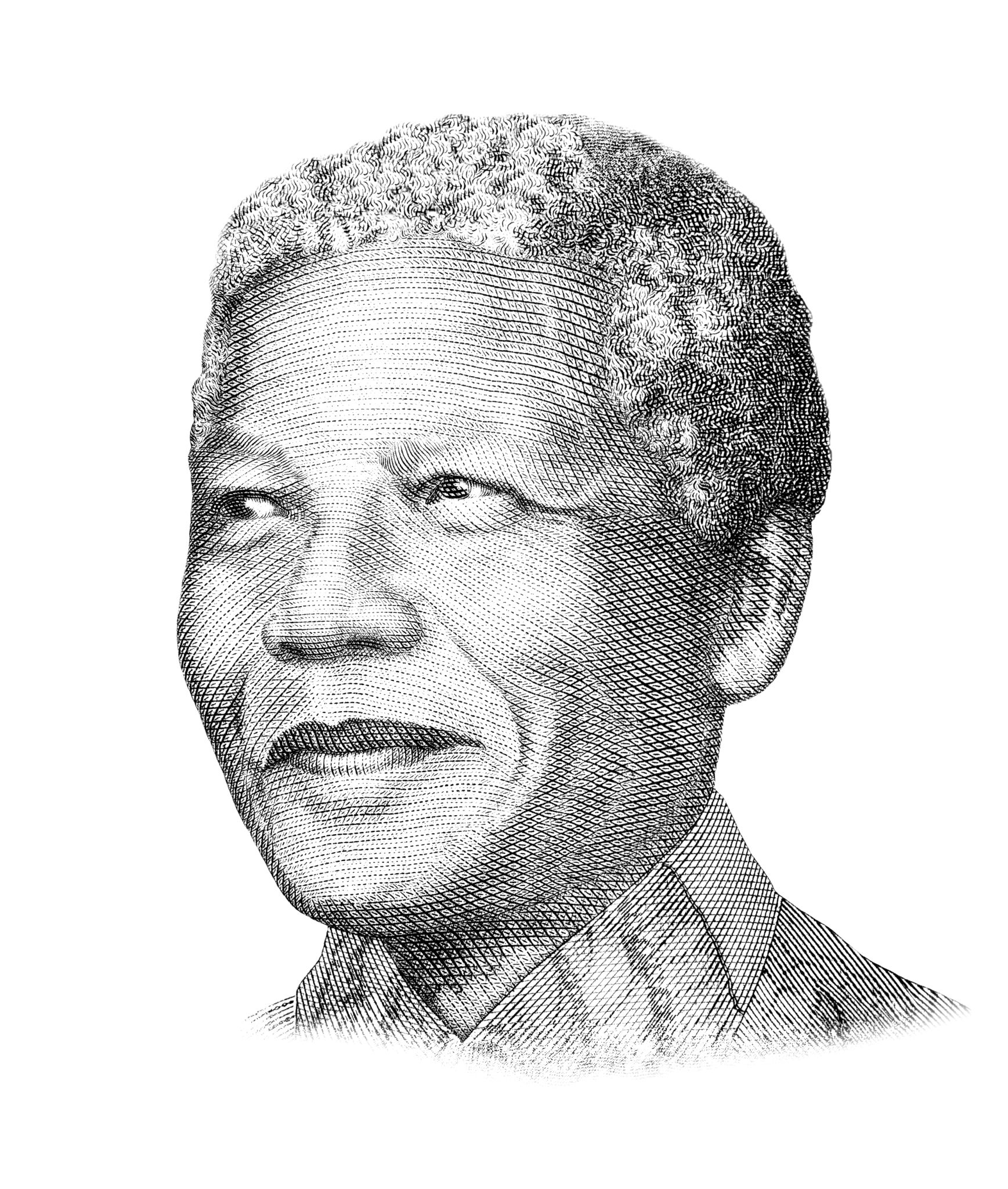Opposing Group Judgmentalism: Lessons from Global Human Rights Leaders
Understanding Judgmentalism
Judgmentalism often stems from a lack of understanding and empathy towards differing perspectives. It can create divisions that are difficult to bridge, fostering an environment where opposition is based on preconceived notions rather than informed insights. This behavior can be particularly damaging when directed at groups with distinct cultural, social, or ideological backgrounds.

Global human rights leaders have long championed the idea of openness and understanding as tools for overcoming judgmental attitudes. They emphasize that embracing diversity and actively seeking to understand others' viewpoints can lead to more harmonious and equitable interactions.
Lessons from Martin Luther King Jr.
Martin Luther King Jr., one of the most prominent figures in the civil rights movement, taught the world how important it is to approach opposition with love and a commitment to understanding. His philosophy of non-violence was rooted in the belief that every person should be treated with dignity and respect, regardless of their background or beliefs. King advocated for peaceful protests and dialogue as a means to challenge unjust systems without resorting to hatred.
His leadership demonstrated that standing firmly against judgmentalism requires courage and perseverance, but also the ability to see beyond one's own biases. By doing so, individuals can contribute to a more inclusive society where everyone has the opportunity to thrive.
Nelson Mandela's Approach
Nelson Mandela's journey from prisoner to president is a testament to the power of forgiveness and reconciliation in overcoming judgmentalism. After spending 27 years in prison, Mandela emerged as a leader committed to healing a deeply divided South Africa. He understood that harboring resentment would only perpetuate the cycle of judgment and hatred.

Mandela's efforts to unite his country were marked by his willingness to engage with former adversaries, fostering a spirit of understanding and cooperation. His legacy teaches us that transcending judgmental attitudes requires a focus on common goals and shared humanity.
The Role of Empathy in Overcoming Judgmentalism
Empathy plays a crucial role in dismantling judgmental attitudes. By putting ourselves in others' shoes, we can better appreciate their struggles and aspirations, leading to more compassionate interactions. This approach encourages us to question our assumptions and be open to new perspectives.
Global human rights leaders often emphasize the need for empathy-driven policies and practices that promote inclusivity and respect for all individuals. By prioritizing empathy, societies can move towards more equitable and just systems.

Practical Steps to Challenge Judgmentalism
While the teachings of global human rights leaders provide valuable insights, there are practical steps we can take in our daily lives to combat judgmentalism:
- Engage in active listening: Truly listen to understand, rather than respond.
- Educate yourself: Learn about different cultures, histories, and perspectives.
- Challenge stereotypes: Question generalized assumptions about groups or individuals.
- Encourage open dialogue: Create safe spaces for constructive conversation.
By incorporating these practices into our interactions, we can help create environments that celebrate diversity and foster mutual respect.
The Impact of Global Leaders in Modern Society
The teachings of human rights leaders continue to resonate today, inspiring movements around the world aimed at reducing judgmentalism and promoting equality. Their legacies remind us that progress is possible when individuals choose understanding over prejudice.
As societies become increasingly interconnected, the lessons from these leaders are more relevant than ever. By drawing on their wisdom, we can work towards a future where judgmentalism is replaced by acceptance and collaboration.
